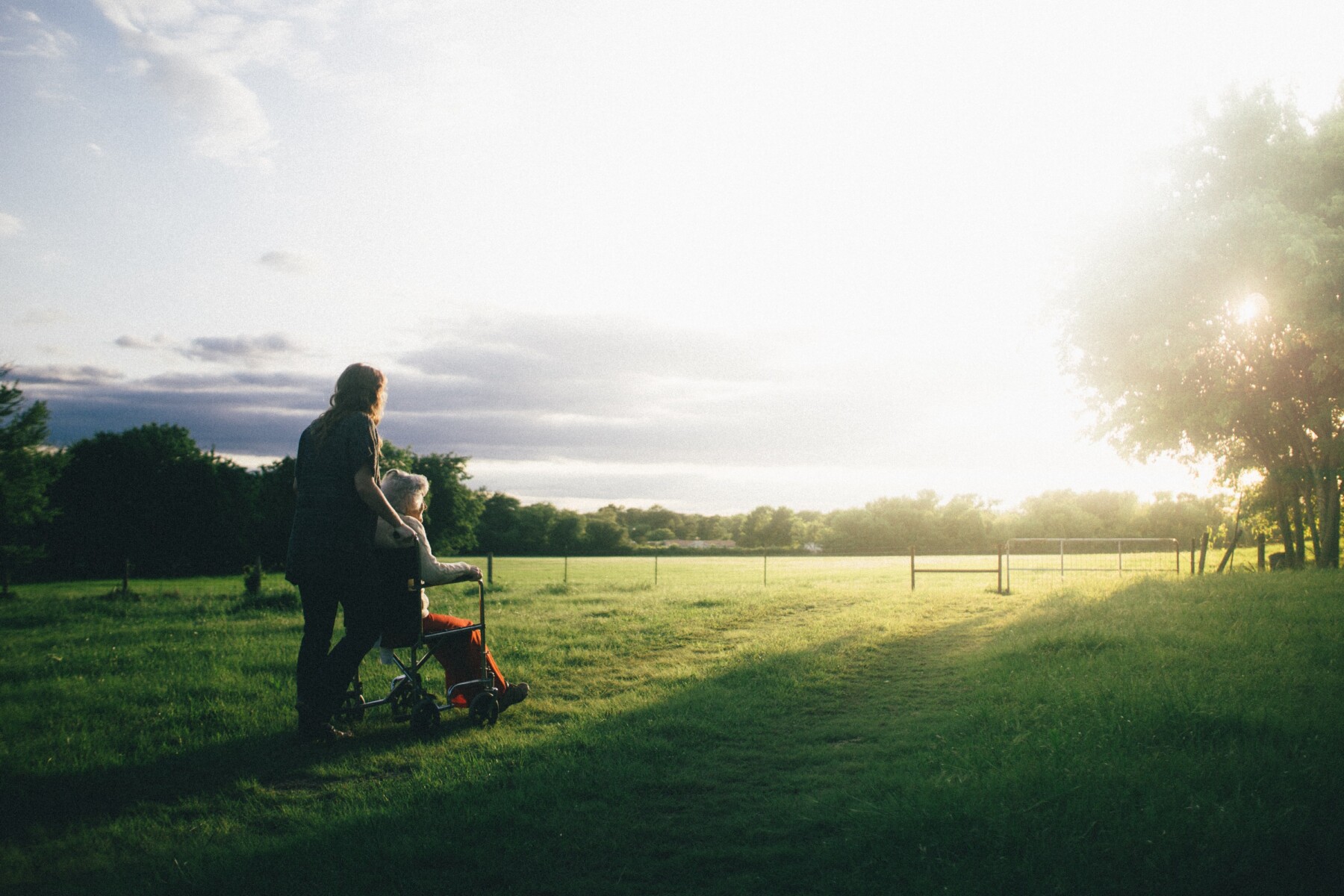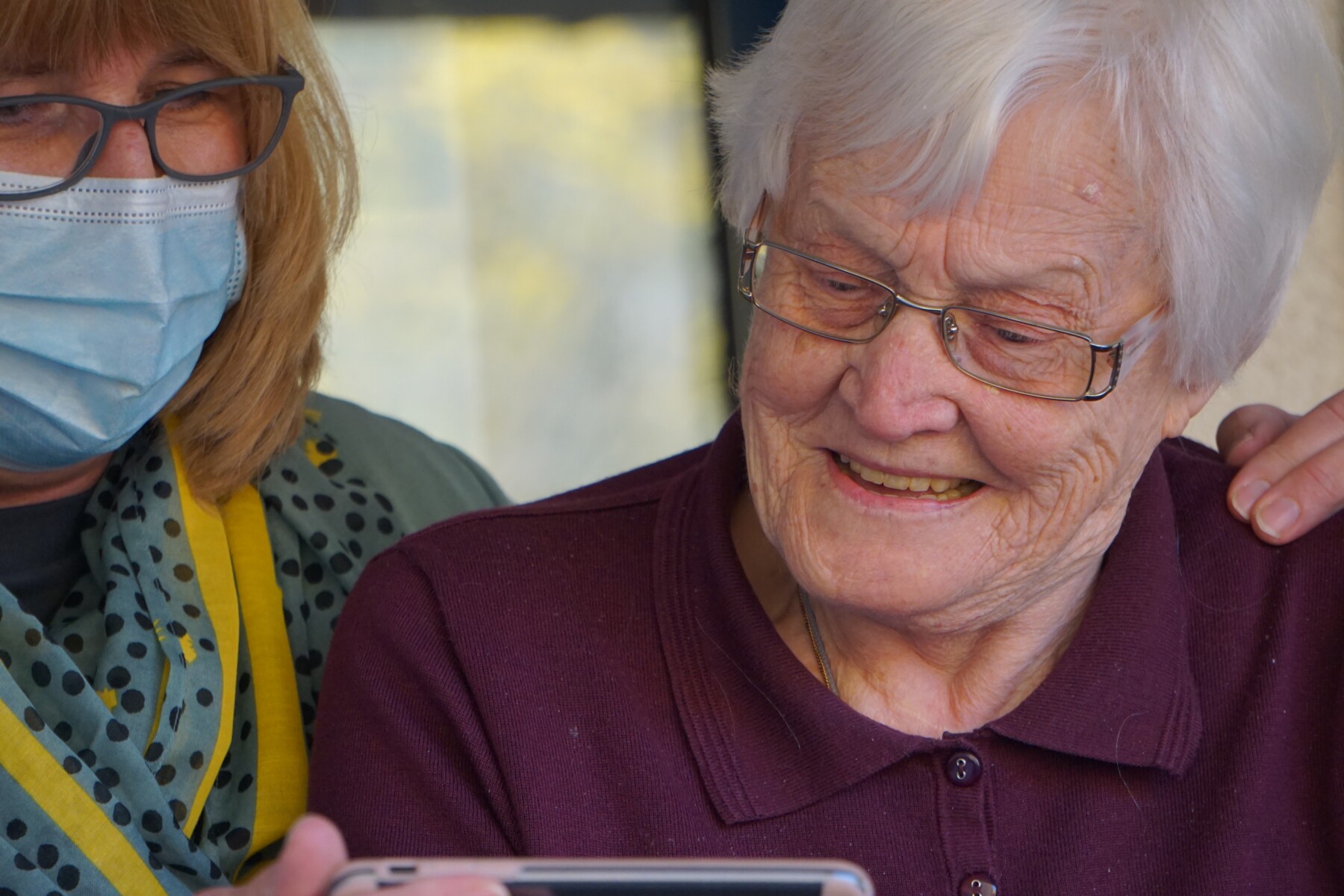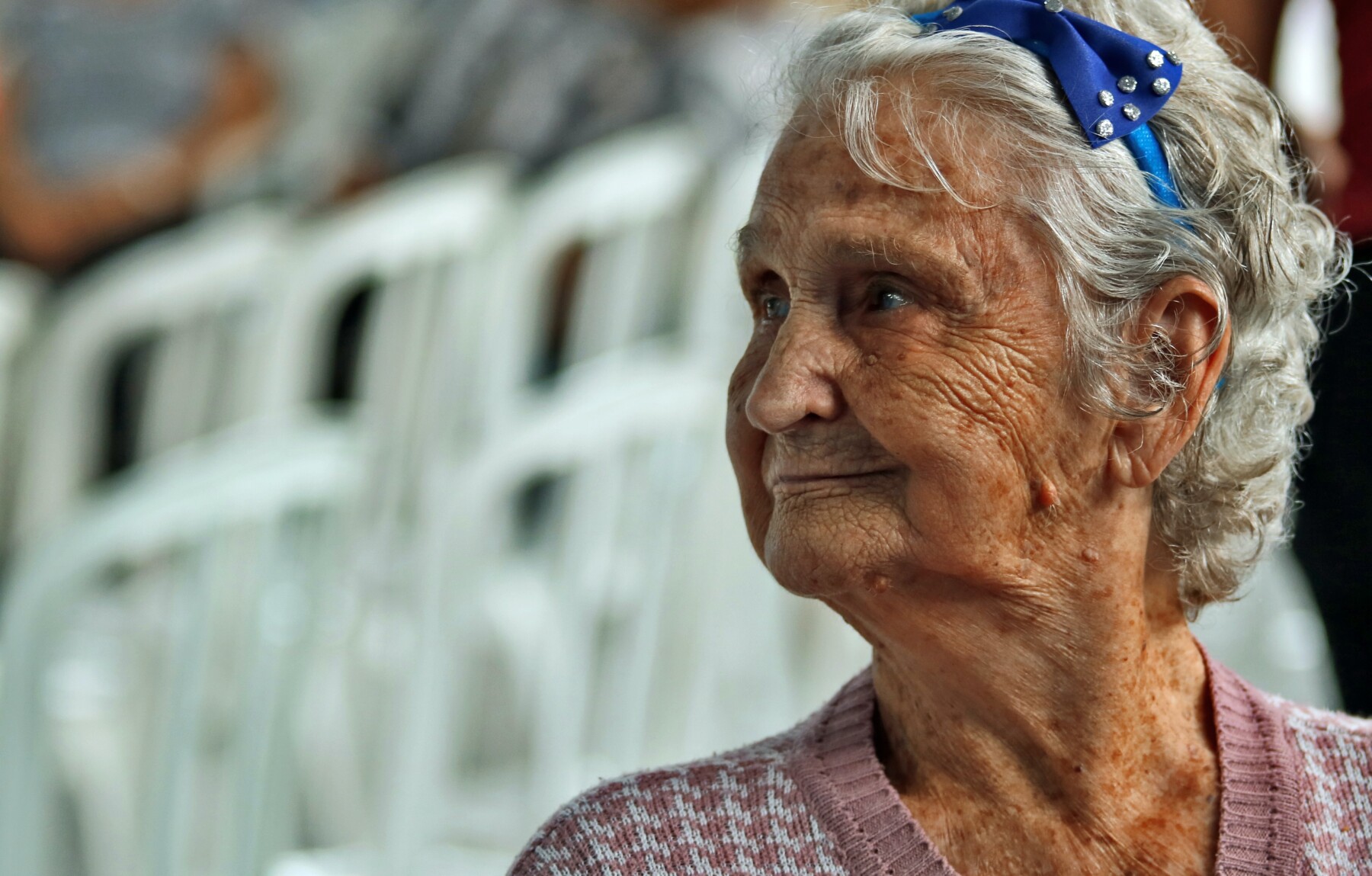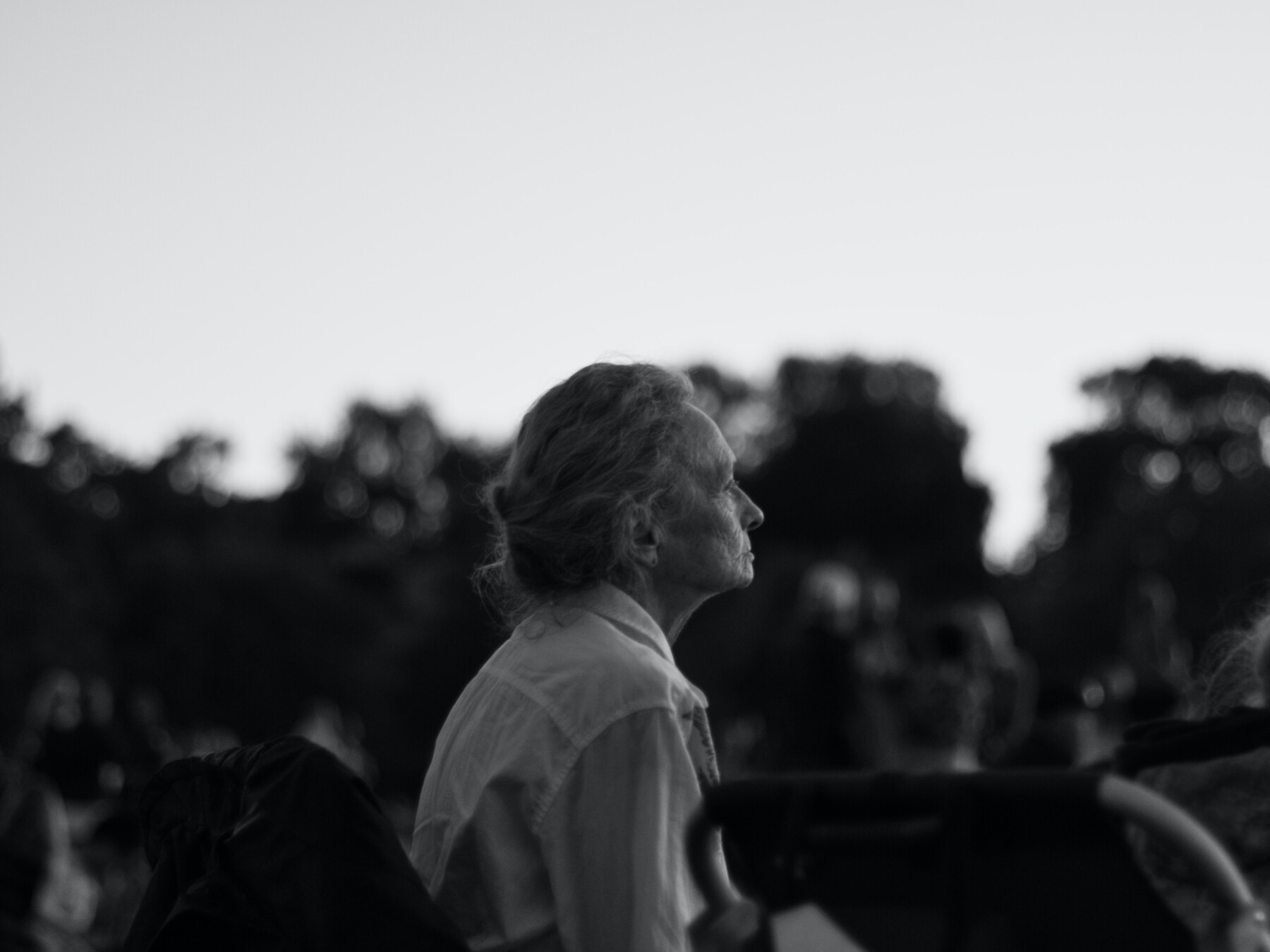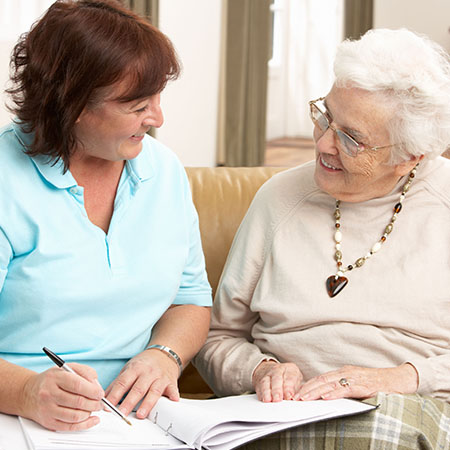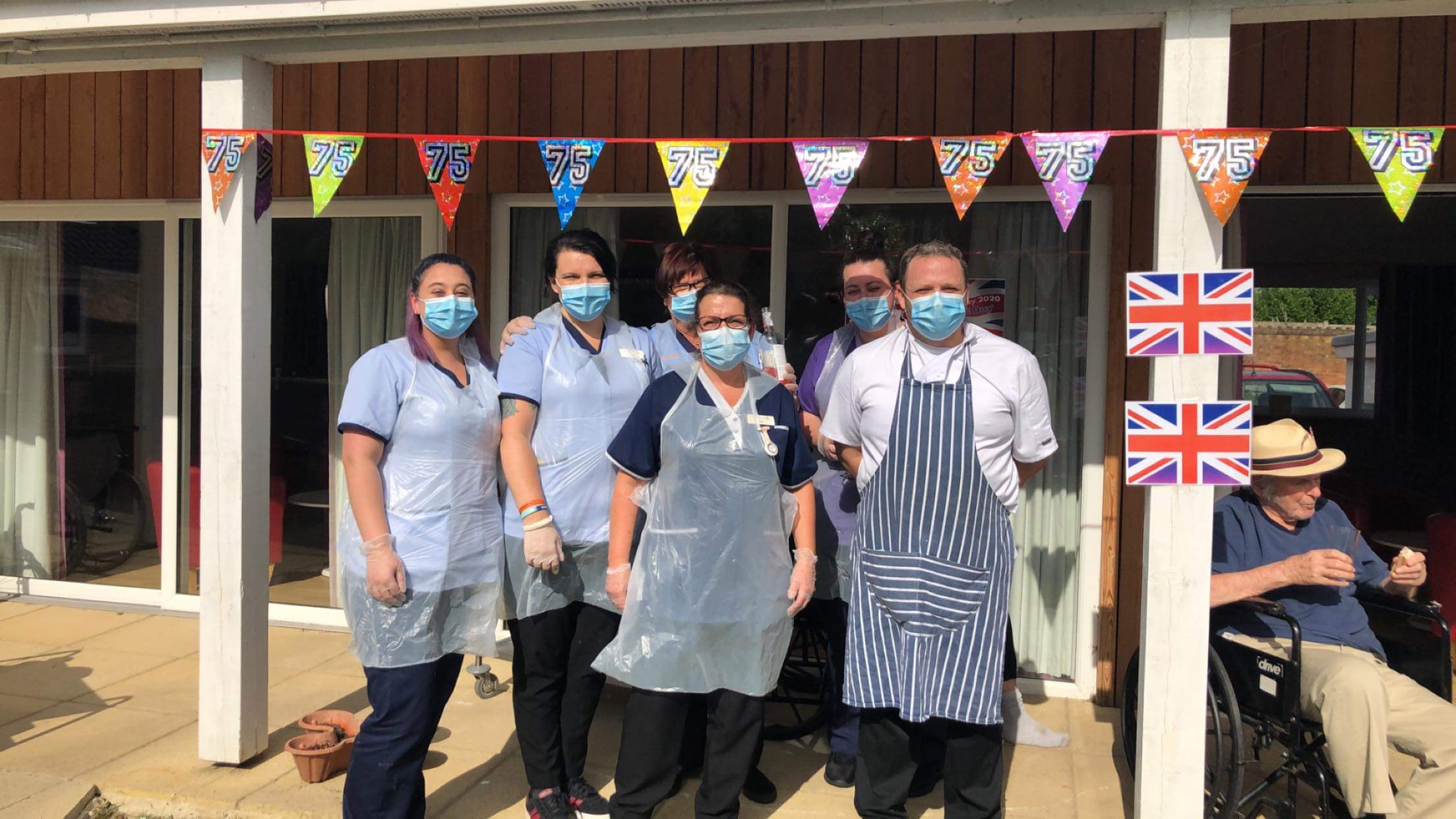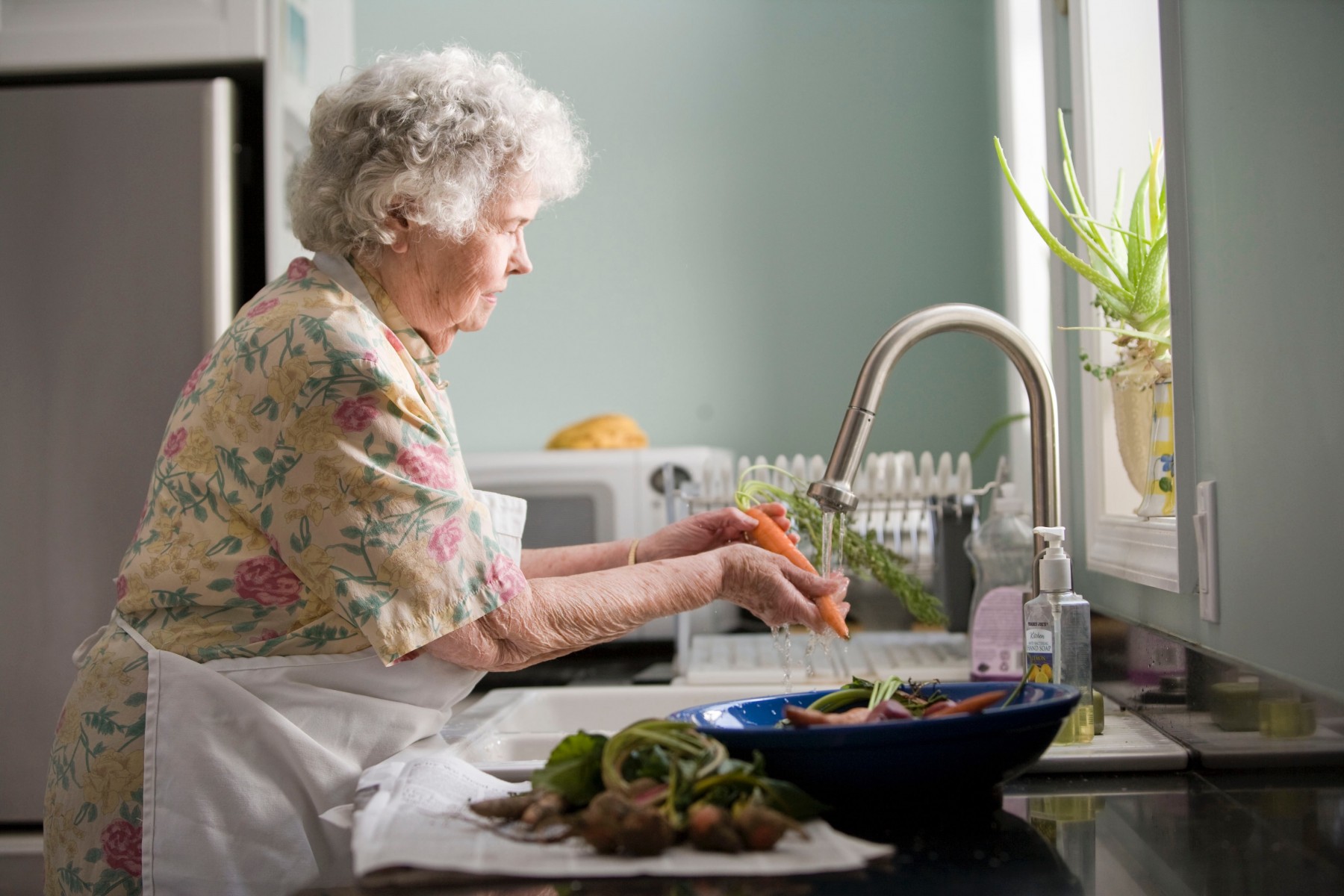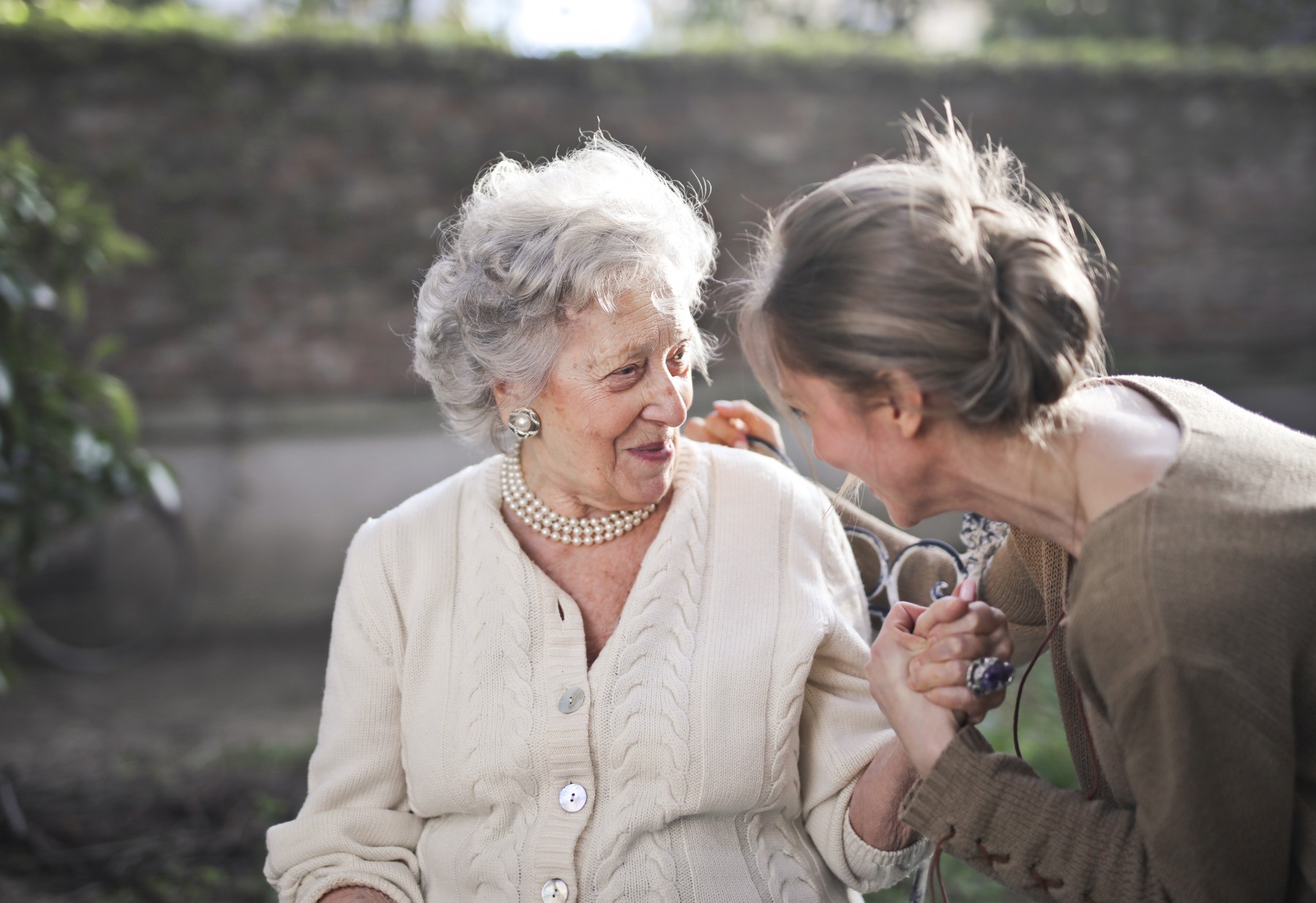When somebody is told that they have dementia, it will trigger all sorts of thoughts and emotions. Responses can be a mix of shock, sadness, fear and sometimes even relief that there’s an explanation for some of the changes they have experienced.
The inevitable question is, ‘what next?’. Living with dementia changes your life, whether you are the person with the diagnosis, a loved one or a carer. There are practical issues to consider as well as those related to care and emotional wellbeing. A carer’s life can be stressful and challenging, so it’s best to be prepared.
DEMENTIA CARE OPTIONS DURING THE PANDEMIC
Wellbeing
Dementia inevitably changes close personal relationships. It helps to talk openly about what this will mean for everyone concerned. If your spouse or partner is diagnosed with dementia, it will mean a huge adjustment for both of you. Inevitably, your main concern will be for your partner but don’t forget that you will also be affected and that you need to look after your own physical and mental wellbeing.
You may be able to find training and local support groups to help you in your role as a caregiver. Support and online discussion groups – such as the Alzheimer’s Society Talking Point – are also available to help your loved one cope with the adjustment.
Above all, it will take time for your loved one to adjust to the diagnosis. You could suggest counselling, perhaps at a memory clinic, which can be a big help. Charities such as Age UK, Alzheimer’s Society and Dementia UK provide services that may also help. These include helplines, support groups, day centres, shopping services and home care.
A diagnosis brings an entitlement to a care and support needs assessment from your local council. You can arrange this by contacting social services or through your GP, consultant or other health service professional.
Carer’s Assessment
If you care for someone, you can have an assessment to see what help could make your life easier. The types of help you could get include:
- Respite care so you can take a break
- Training in how to lift safely
- Help with housework and shopping
- Access to local support groups
This is definitely the time to look after your health and that of your loved one – including regular exercise and a healthy balanced diet. If your loved one is feeling depressed after their diagnosis they may need plenty of encouragement and cajoling to take good care of themselves.
Practical Considerations
There are inevitably some practical issues to plan for. Here are the main things to consider:
- Register as a carer with your GP.
- Make sure that your loved one has an up-to-date will and has assigned lasting powers of attorney for when they are no longer able to make financial or healthcare decisions for themselves.
- Claim any benefits that you are entitled to. These could include a Personal Independence Payment or Attendance Allowance. As a carer you may be eligible for a Carer’s Allowance.
- Make sure that papers relating to your loved one’s bank accounts, mortgage or rental documents, insurance policies, tax and pension details, bills and guarantees are in order and easy to find.
- Think about advance care planning so that your loved one’s wishes for their ongoing care are written down.
At some stage in the future, it’s likely that care support will be needed – either care at home or residential and nursing care. Contacting a care provider such as Altogether Care will help you understand the options available and how your loved one’s needs might change in the future.
For information on Dementia Care options, call 01305 206140 or email info@altogethercare.co.uk.
